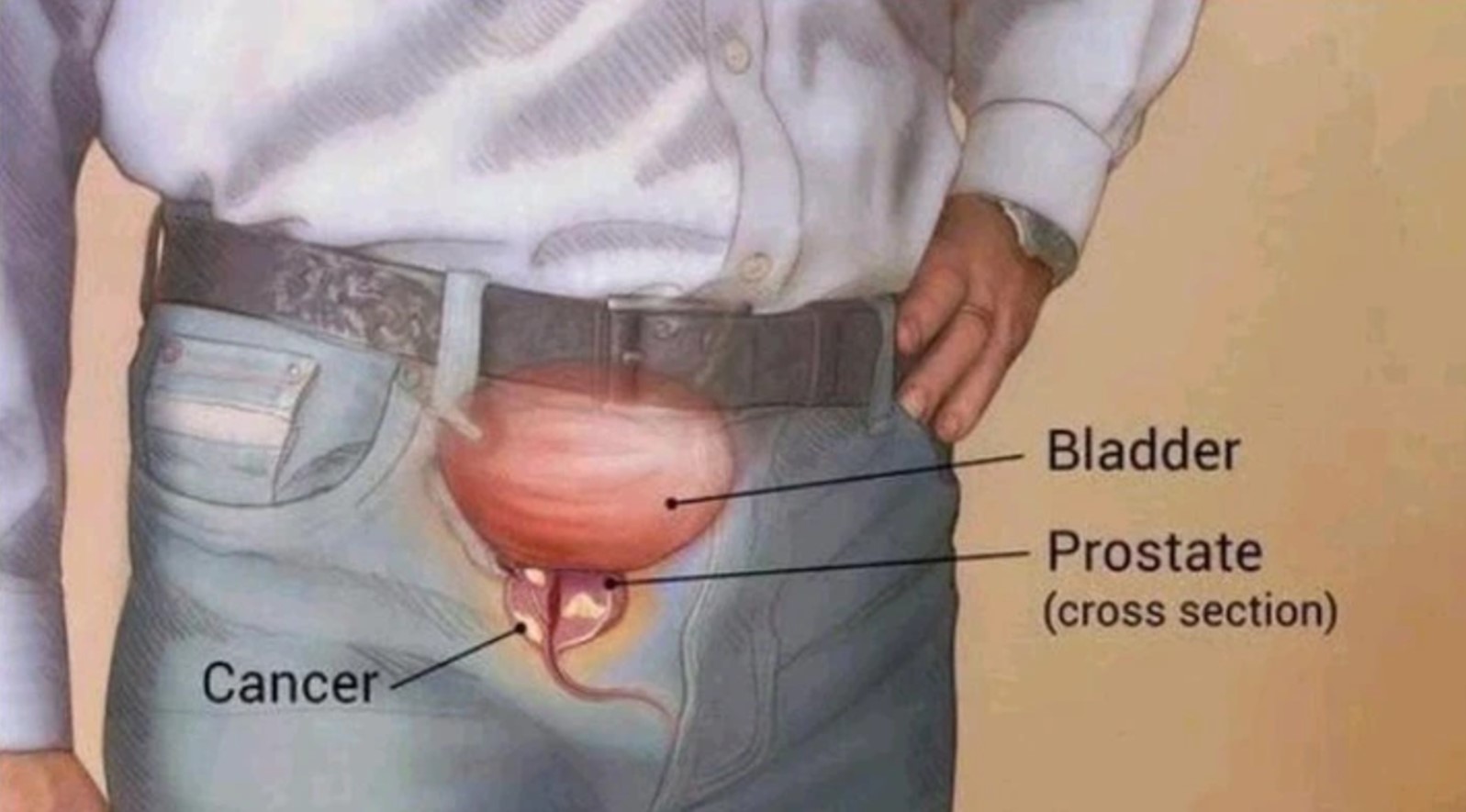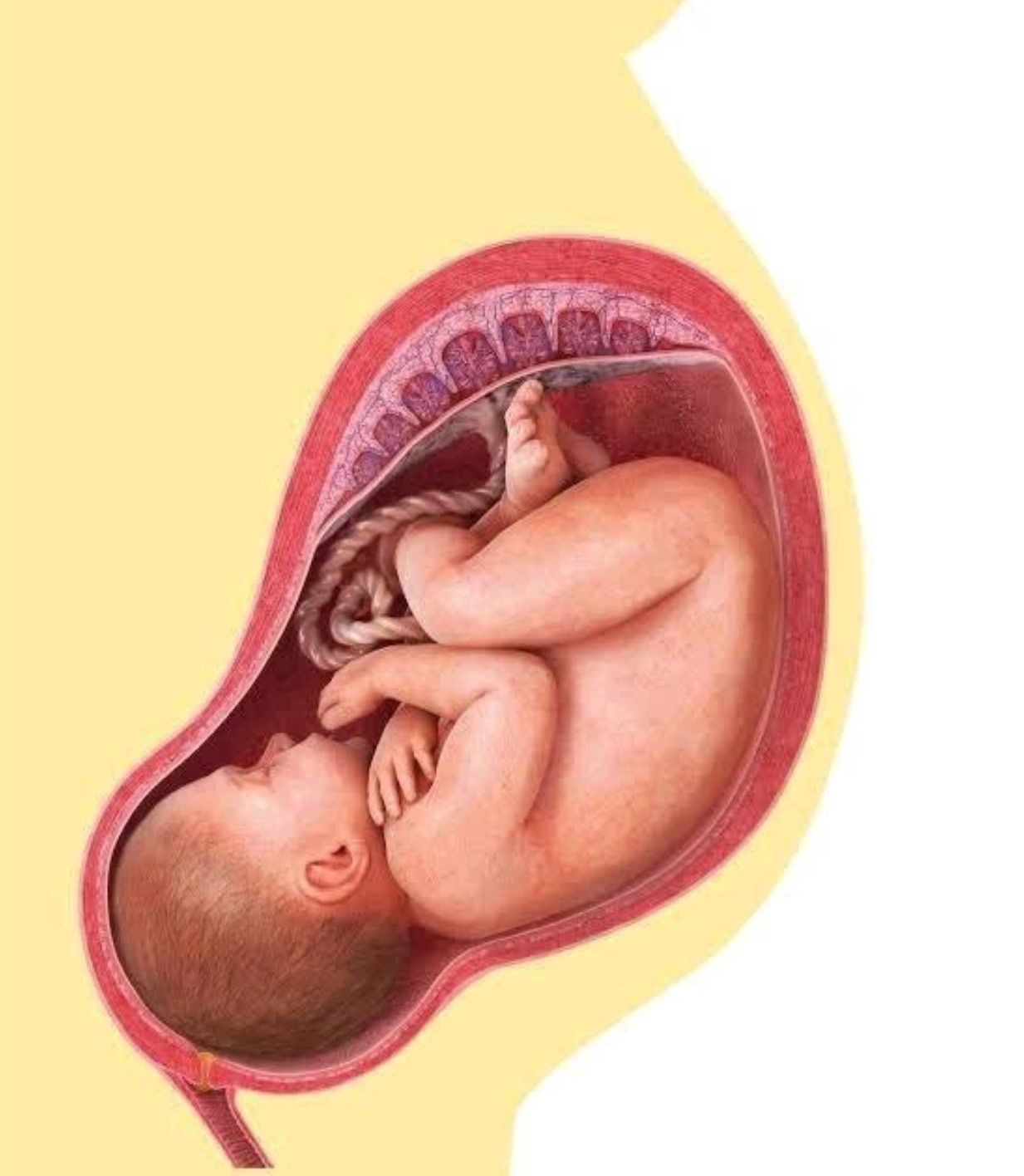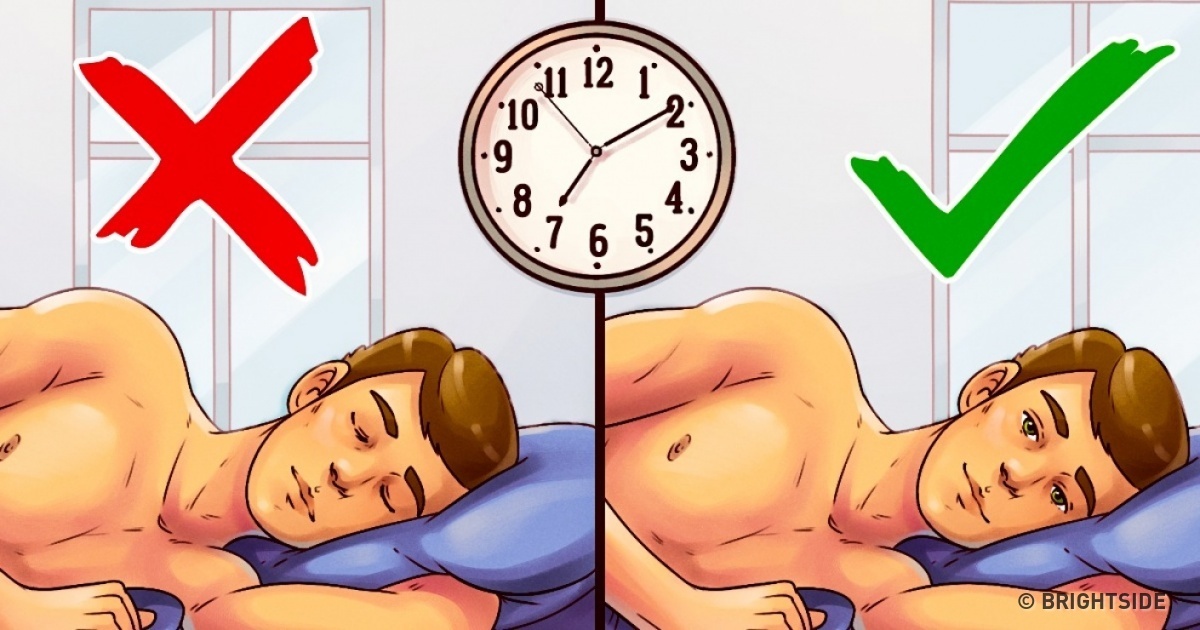An enlarged prostate, also known as benign prostatic hyperplasia (BPH), is a common condition that affects many men as they age. The prostate is a small gland located just below the bladder that plays a key role in the male reproductive system. As men grow older, the prostate can enlarge, potentially leading to a variety of urinary and other health issues. Recognizing the early warning signs of an enlarged prostate is crucial for managing the condition and seeking timely medical advice. Below are some of the common early warning signs that every man should be aware of.
1. Frequent Urination, Especially at Night
One of the earliest and most noticeable signs of an enlarged prostate is the increased frequency of urination. Men with BPH often find themselves needing to urinate more often, particularly during the night (a condition known as nocturia). This disruption can interfere with sleep, leaving men feeling fatigued during the day. If you are waking up multiple times at night to use the bathroom, it could indicate prostate enlargement…Click Here To Continue Reading>> …Click Here To Continue Reading>>
2. Weak or Intermittent Urine Flow
A weak or intermittent urine stream is another common symptom of an enlarged prostate. When the prostate enlarges, it presses against the urethra, restricting the flow of urine. As a result, men may experience difficulty starting urination, or the flow may stop and start intermittently. This can lead to frustration and discomfort when using the bathroom.
3. Straining During Urination
Another sign that the prostate may be enlarged is the need to strain or put pressure on the bladder to urinate. Men with BPH may notice that it takes longer than usual to empty their bladder, and they may feel like they need to push to get the urine flowing. This can cause discomfort and may indicate that the prostate is pressing on the urethra or bladder.
4. Incomplete Bladder Emptying
An enlarged prostate can cause the sensation of incomplete bladder emptying after urination. Men may feel as though they haven’t fully emptied their bladder, leading them to urinate again soon after. This can be particularly annoying, as it can create a constant feeling of urgency or pressure in the bladder. READ FULL STORY HERE>>>CLICK HERE TO CONTINUE READING>>>
5. Urinary Urgency and Incontinence
Increased urgency to urinate is another common sign of BPH. Men may feel the need to urinate suddenly and may not be able to wait long to get to the bathroom. This can lead to accidents or urinary incontinence, where men may leak urine before they can make it to the toilet. In some cases, the urgency can become overwhelming, causing anxiety or embarrassment.
6. Painful Urination or Blood in Urine
While not as common, some men with an enlarged prostate may experience pain or discomfort when urinating. This could be a result of bladder irritation caused by the pressure from the enlarged prostate. In more severe cases, blood may appear in the urine (hematuria), which is a concerning symptom that warrants immediate medical attention. Blood in the urine could indicate a more serious underlying issue, such as a urinary tract infection (UTI) or prostate cancer.
7. Frequent UTIs
An enlarged prostate can increase the risk of urinary tract infections (UTIs). When the prostate enlarges, it can partially block the urethra, leading to urine retention and creating an environment that is more conducive to bacterial growth. This can lead to recurrent infections, which may present with symptoms like cloudy urine, a strong odor, or pain during urination.
Conclusion
The symptoms of an enlarged prostate can vary in severity, and not all men will experience every symptom. However, if you are experiencing any of the warning signs mentioned above, it’s important to consult with a healthcare provider. Early detection and treatment can help manage the condition and reduce the impact on quality of life. While BPH is typically not life-threatening, it can lead to complications like bladder damage, kidney problems, or urinary retention if left untreated. Your doctor may recommend lifestyle changes, medications, or in some cases, surgical options to alleviate the symptoms and improve your overall well-being.


 METRO9 months ago
METRO9 months ago
 IN-THE-NEWS4 months ago
IN-THE-NEWS4 months ago
 SPORTS8 months ago
SPORTS8 months ago
 SPORTS9 months ago
SPORTS9 months ago
 SPORTS9 months ago
SPORTS9 months ago
 METRO4 months ago
METRO4 months ago
 METRO8 months ago
METRO8 months ago
 SPORTS9 months ago
SPORTS9 months ago


